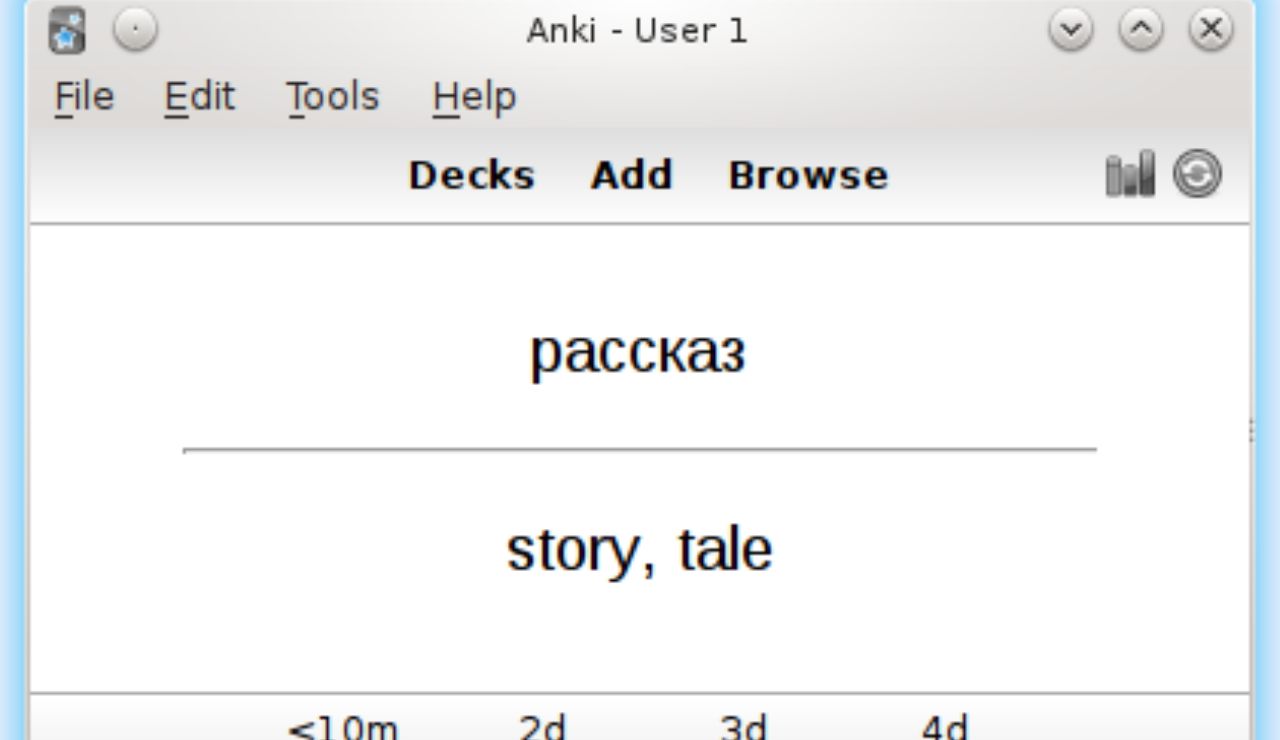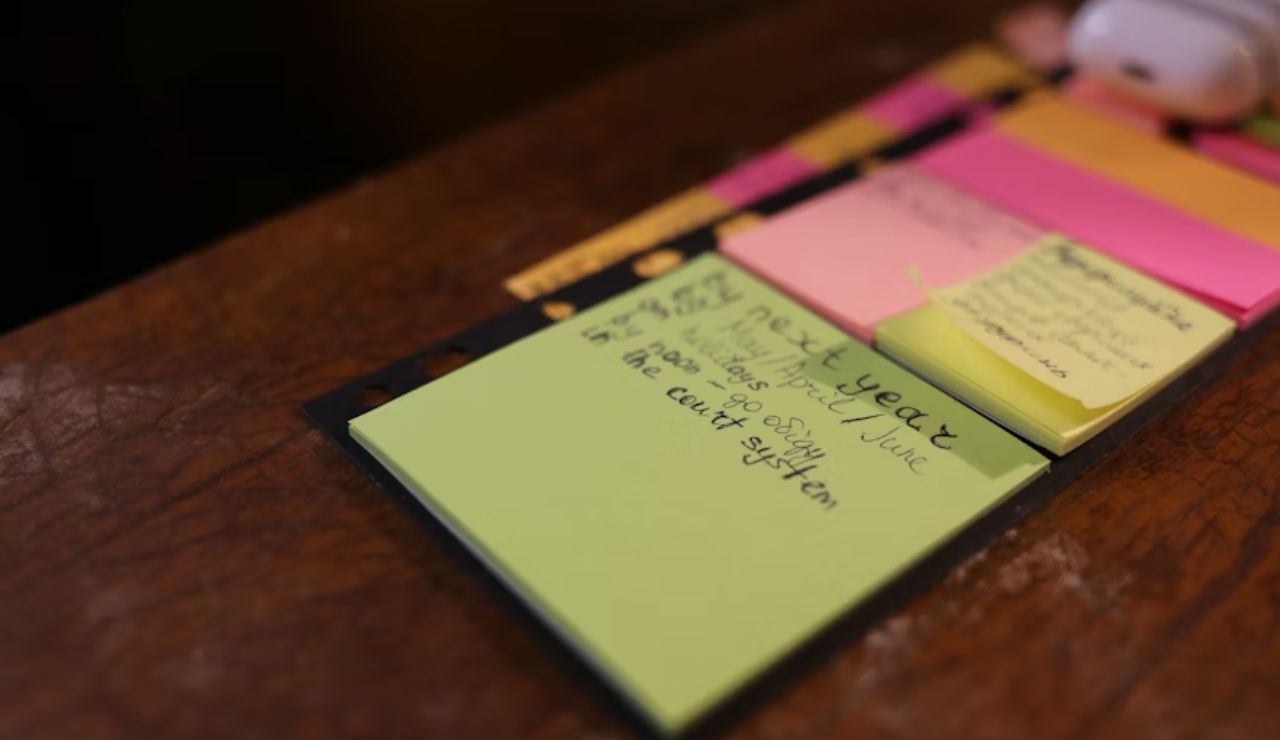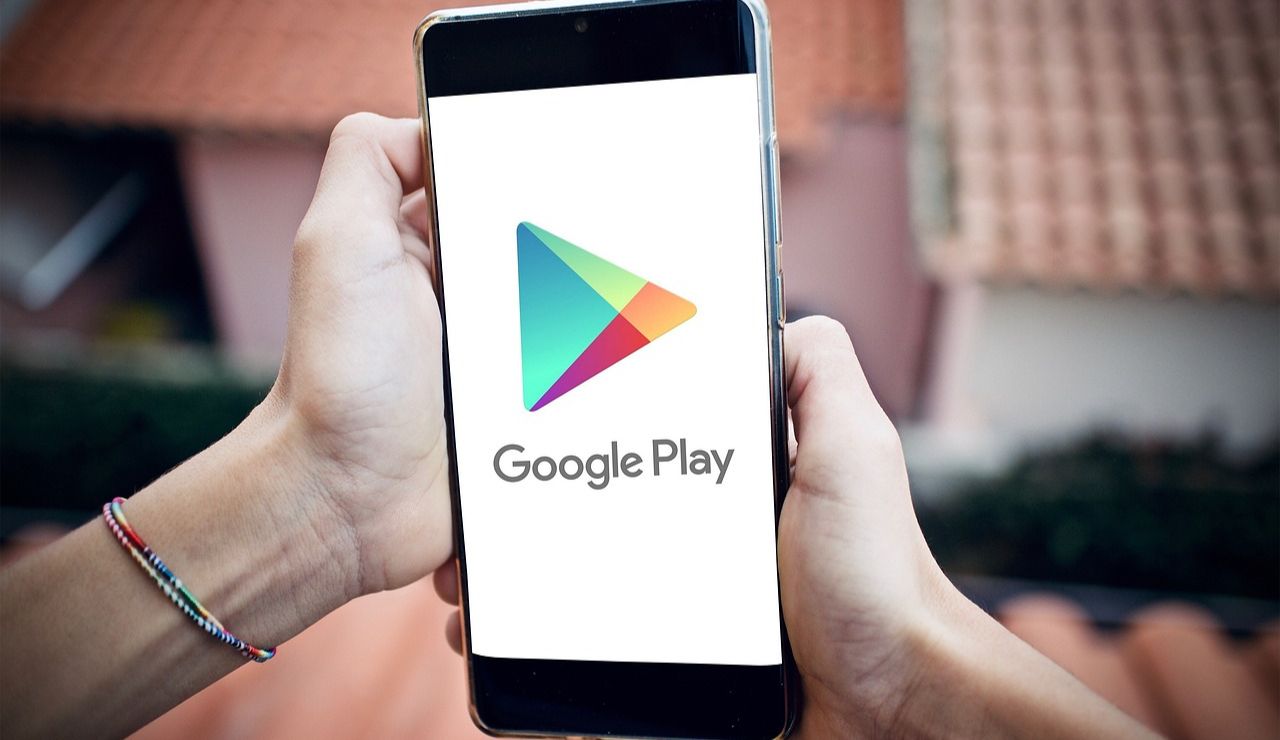10 Tricks to Master Foreign Language Basics Fast

You don’t need to become fluent to enjoy smoother, more respectful travel experiences. Even basic language skills help you connect better with locals, ask for directions, and order meals with confidence. Whether you’re prepping for a vacation, honeymoon, or long-term stay abroad, these 10 tricks will help you quickly pick up the most essential words and phrases. With a little consistency and the right tools, learning the basics can be fast, fun, and incredibly useful on the road.
Focus on the 50 Most Useful Words

Learning a full language takes time, but starting with 50 of the most commonly used words gives you a strong foundation. Prioritize greetings, directions, numbers, and polite phrases like “please” and “thank you.” These words are used daily and help unlock the structure of basic communication. You’ll start recognizing them quickly in conversations or signs. This method builds confidence fast and lets you interact in simple yet meaningful ways while traveling.
Learn Key Phrases You’ll Actually Use

Instead of memorizing grammar rules or textbook dialogues, focus on real-life phrases you’ll need while traveling. Things like “Where’s the nearest ATM?”, “I don’t speak [language],” or “Can I have the bill, please?” are useful right away. These practical expressions help in restaurants, airports, hotels, and shops. Learning context-based language gives you instant wins and helps reduce the anxiety of getting lost or misunderstood in a new country.
Use Flashcard Apps Daily

Flashcard apps like Anki, Quizlet, and Memrise use spaced repetition to help you memorize vocabulary faster and more effectively. Just 10 minutes a day can lock essential words into long-term memory. You can choose premade decks or create your own with custom phrases you know you’ll need. These apps track your progress and adjust based on how well you’re retaining the words, making them a powerful tool for consistent, low-effort language learning.
Listen to the Language Everywhere

Listening to the target language passively boosts your comprehension over time. Play songs, watch short YouTube videos, or stream podcasts while commuting or relaxing. Even if you don’t understand everything at first, your brain starts picking up rhythms, accents, and tone. Exposure to native pronunciation makes it easier to recognize words when you hear them later. It’s a fun, low-pressure way to immerse yourself in the language before your trip.
Practice Speaking Out Loud

Speaking is often the hardest skill for new learners, but it’s also the most valuable for travel. Practice saying new words and phrases out loud, even if it feels awkward. Read sentences aloud from apps or repeat after videos. Record yourself and compare your pronunciation to native speakers. Hearing your voice builds fluency, helps correct errors, and trains your mouth to make new sounds. The more you speak, the faster your confidence will grow.
Label Objects Around You

One of the simplest and most effective tricks is labeling everyday items around your home. Write the foreign word for “door,” “mirror,” or “fridge” on sticky notes and place them on the object. Every time you see it, you’ll reinforce vocabulary naturally. This technique links language to your physical environment, which boosts retention. It’s especially useful for visual learners and keeps you engaged with the language throughout your day.
Use the Language During Daily Tasks

Try describing your routine in the new language as you do it. Say “I’m brushing my teeth,” “I’m eating breakfast,” or “I’m leaving the house.” Even simple sentences help train your brain to think in that language. It’s a powerful way to connect vocabulary with actions, making it easier to remember. You don’t need to be perfect, just try to use what you know in real-time. This method creates mental associations that stick much better than passive study.
Talk With Native Speakers Online

Use free language exchange apps like HelloTalk, Tandem, or Speaky to connect with native speakers. These platforms let you chat, voice message, or even video call with someone who wants to learn your language while helping you learn theirs. It’s a fun and low-pressure way to practice real conversations. You’ll also learn slang, cultural tips, and pronunciation that no app or textbook can teach. It’s social, practical, and highly motivating for beginners.
Turn Your Phone to the Target Language

Switching your phone’s settings to your target language gives you built-in immersion. You’ll see menus, app labels, and notifications in the new language daily, which reinforces common vocabulary passively. Even if you don’t understand every word at first, regular exposure builds familiarity. You’ll learn faster by seeing the language in action, where you already spend a lot of time. Just keep a dictionary handy for the first few days!
Use Phrasebook Apps for Quick Help

Download a phrasebook app like Google Translate, iTranslate, or Bravolol to access ready-to-use travel phrases on the go. These apps cover everything from airport questions to food orders, with audio to help with pronunciation. Most work offline, which is a huge bonus in areas with no signal. When you’re in a pinch, you can simply tap and play a phrase or show the screen to a local. It’s a handy, confidence-boosting tool that helps you communicate quickly without needing full fluency.